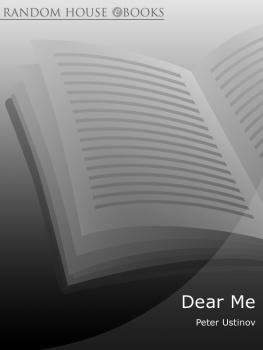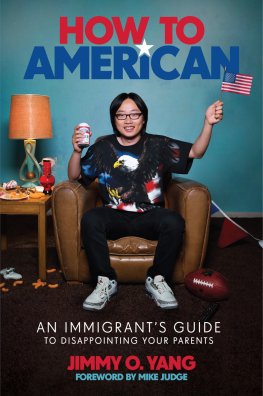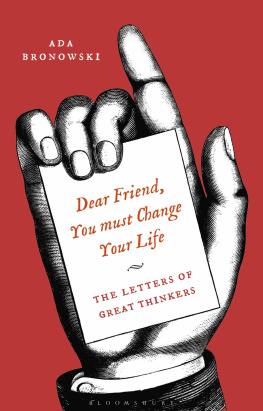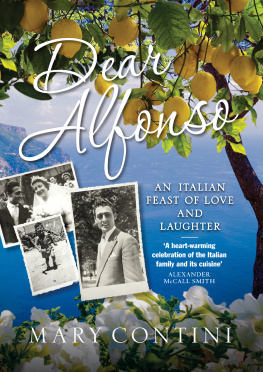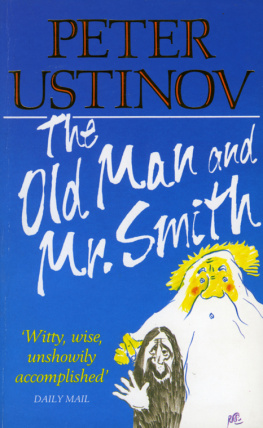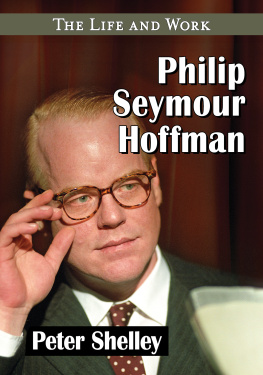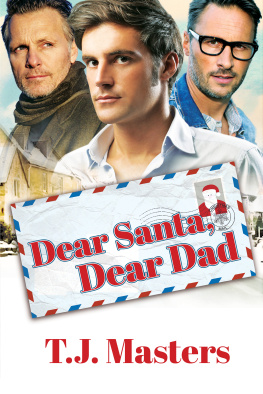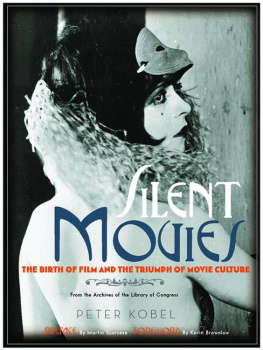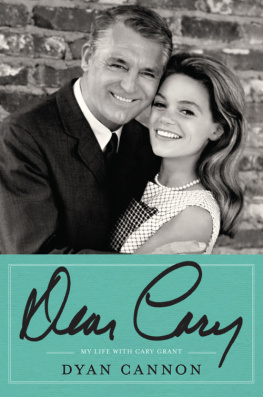
PETER USTINOV
Dear Me

Contents
This eBook is copyright material and must not be copied, reproduced, transferred, distributed, leased, licensed or publicly performed or used in any way except as specifically permitted in writing by the publishers, as allowed under the terms and conditions under which it was purchased or as strictly permitted by applicable copyright law. Any unauthorised distribution or use of this text may be a direct infringement of the authors and publishers rights and those responsible may be liable in law accordingly.
Version 1.0
Epub ISBN 9781446472750
www.randomhouse.co.uk
Reprinted in Arrow Books, 1998
12
Copyright Peter Ustinov 1977
This book is sold subject to the condition that it shall not, by way of trade or otherwise, be lent, resold, hired out, or otherwise circulated without the publishers prior consent in any form of binding or cover other than that in which it is published and without a similar condition including this condition being imposed on the subsequent purchaser
First published in the United Kingdom in 1997 by William Heinemann
This edition first published in 1992 by Mandarin Paperbacks and reprinted 24 times
Arrow Books
The Random House Group Limited
20 Vauxhall Bridge Road, London SW1V 2SA
www.rbooks.co.uk
Addresses for companies within The Random House Group Limited can be found at: www.randomhouse.co.uk/offices.htm
The Random House Group Limited Reg. No. 954009
A CIP catalogue record for this book is available from the British Library
ISBN 9780099421726
To all those who,
by accident or design,
have not been included
in this book
About the Author
Peter Ustinov was born in London in 1921, of Russian, French and Ethiopian descent. During WWII he served with the Royal Sussex Regiment and the RAOC, and he wrote his first play House of Regrets, which was produced in 1942. His other plays include Romanoff and Juliet, Photo Finish and The Love of Four Colonels. He directed and acted in the award-winning Billy Budd and was the author and co-director of School for Secrets. Two-time Oscar-winner, his acting roles have ranged from Nero to Hercule Poirot. He has produced operas and his books include novels, short stories and My Russia (1983). He was the Rector of Dundee for six years and a member of the Acadmie des Beaux-Arts. He was a goodwill ambassador for UNICEF and in 1974 he was awarded the Order of the Smile for dedication to the idea of international assistance to children. In 1975 he received the CBE and was later knighted in 1990. In 1992 he became Chancellor of the University of Durham where there is now a graduate college named after him. He died at the age of eighty-two in 2004.
ILLUSTRATIONS
ACKNOWLEDGEMENTS
The author is indebted to the following for permission to reproduce illustrations: Keystone Press Agency Ltd for photographs nos. 15 and 21; London News Agency Photos Ltd for photograph no. 18; Tom Hustler Ltd for photograph no. 33; Rayner Fichel for photograph no. 48; Commercial Photography Department of United Press International for photograph no. 50; D.P.A. for photograph no. 52.
The majority of the photographs which appear in this autobiography are from the authors own private collection. Certain of the photographs used as illustrations are of unknown provenance and are believed not to be the subject of claimed copyright. If copyright is claimed in any of them the publishers will be pleased to correspond with the claimant and to make any arrangements which may prove to be appropriate.
1
Dear Me,
I have always thought and stop me if I have wearied you with this reflection too often in the past that most of the anomalies which afflict mankind are merely figments of nature blown up out of recognizable proportion. In other words, split personality, schizophrenia, is an exaggeration of a natural state at a point where the whole of a persons character is coloured by its overweening contradictions. And yet, the personality of any normally constituted person must be capable of at least a certain flexibility, otherwise the machinery for doubt would be absent, and what is a more irrefutable proof of madness than an inability to have a doubt?
No, no, to ensure sanity, there must be at least the elements of an internal disagreement ever present in a personality, and it is for that reason, in the dearest hope that you exist, that I address this attempt at an autobiography to you, dear me.
We were born in the normal manner in a London nursing-home, and here I must already give up the collective pronoun in case it be mistaken for folie-de-grandeur on my part, speaking for both of us. Grandeur there always has been, in a purely physical sense, although I hope not folie. I weighed nearly twelve pounds as a consequence of a reluctant and tardy birth. I have always been loath to acknowledge the applause of an audience unless its volume more than justified such an initiative and I must have started the habit very early on, at my first public appearance in fact.
Of the actual events surrounding my birth I remember very little, and must therefore base my report on data from other sources. What I do know for certain is that, whereas I was born in London (in a section ominously called Swiss Cottage), I was in fact conceived in Leningrad, in a tall, draughty and shell-pocked house to which I made a pilgrimage of thanksgiving relatively late in life. It stands to reason that I travelled a great deal during the more than nine months which separated my conception in the shadow of revolution and political slogan to my birth in the cold embrace of industrial smog and respectability, but once again, my memory of the great social upheavals through which I passed disguised as a piece of overweight luggage can only be described as hazy, and therefore unreliable.
My mother, whose recollection of these events was curiously enough more acute than mine, in spite of her advanced age, wrote a book called Klop about her married life a book I found charming and fascinating when it dealt with the period before my birth, and intensely embarrassing thereafter, which, I suppose, is human. Klop, as I discovered later, was the name by which my father was known, a name denoting Bed-bug, somewhat unflattering perhaps, but preferred by him to his only Christian name of Jona. There is no accounting for taste, as those who believe they are blessed with it never cease to say.
At the time of my birth, Klop was the London representative of the German News Agency, at that time called the Wolff Bro. He was selected for this job not only because of his natural talent, which was considerable, but because Ustinov is a name which sounded, and was, un-German. Only a little while ago many minds had been eased in their wartime tasks by the pleasant prospect of hanging the Kaiser, and it stood to reason that after four years of exhaustion, deprivation and tragedy, the Germans had exacerbated British phlegm. This the Germans themselves shrewdly guessed, and so my father with his Russian surname, his Russian wife, and his urbane manner were sent in as pioneers to pave the way for a later normalization of relations.
Next page
